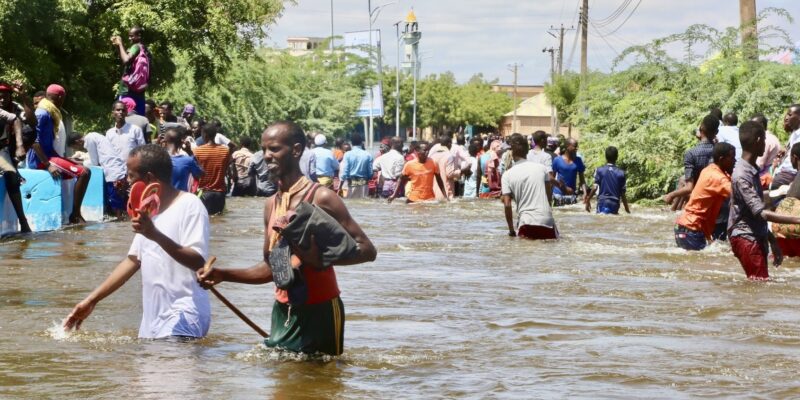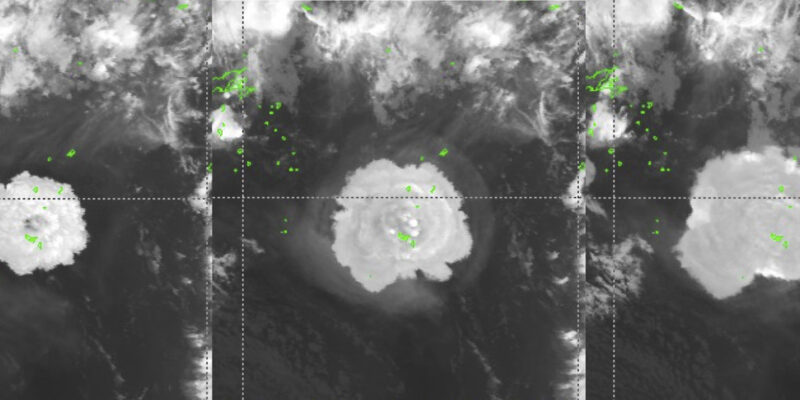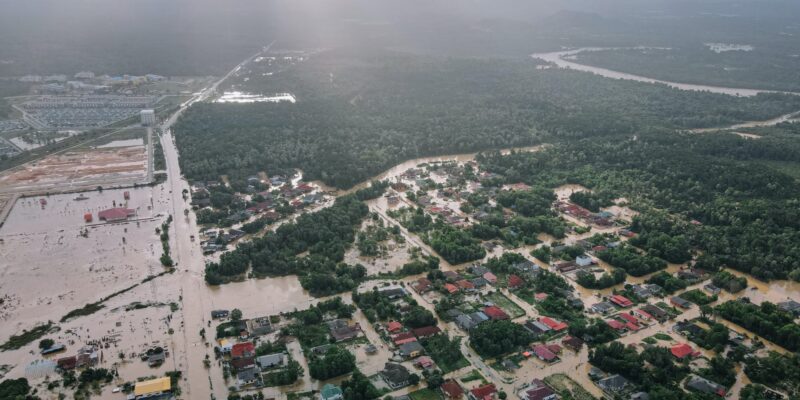Comment
Insights and expert analysis on climate issues.
Share


The IPCC set to respond to growing demand for climate science to inform policy
Dr Carl-Friedrich Schleussner, Uta Klönne
Last week in Istanbul, climate scientists and governments met in the sixtieth session of the Intergovernmental Panel on Climate Change (IPCC) to agree a plan for its seventh, and potentially most consequential report cycle. The outcome means the IPCC will most probably take a more streamlined approach to its seventh cycle.
COP28: social and economic metrics could serve as stepping stone for Global Goal on Adaptation
Dr Carl-Friedrich Schleussner
As work on shaping the Global Goal on Adaptation culminates this week at COP28, we explore if social and economic metrics could be used as proxies for a country’s ability to adapt.

From droughts to floods: how Eastern African countries are responding to the rising El Niño and Indian Ocean Dipole
Winnie Khaemba
The Horn of Africa looks set to go from one disaster to another as floods intensified by a rising El Niño and a positive Indian Ocean Dipole are predicted to follow a prolonged drought. We take a look at climate policies in the region and what countries are doing to prepare for compound extreme events.


